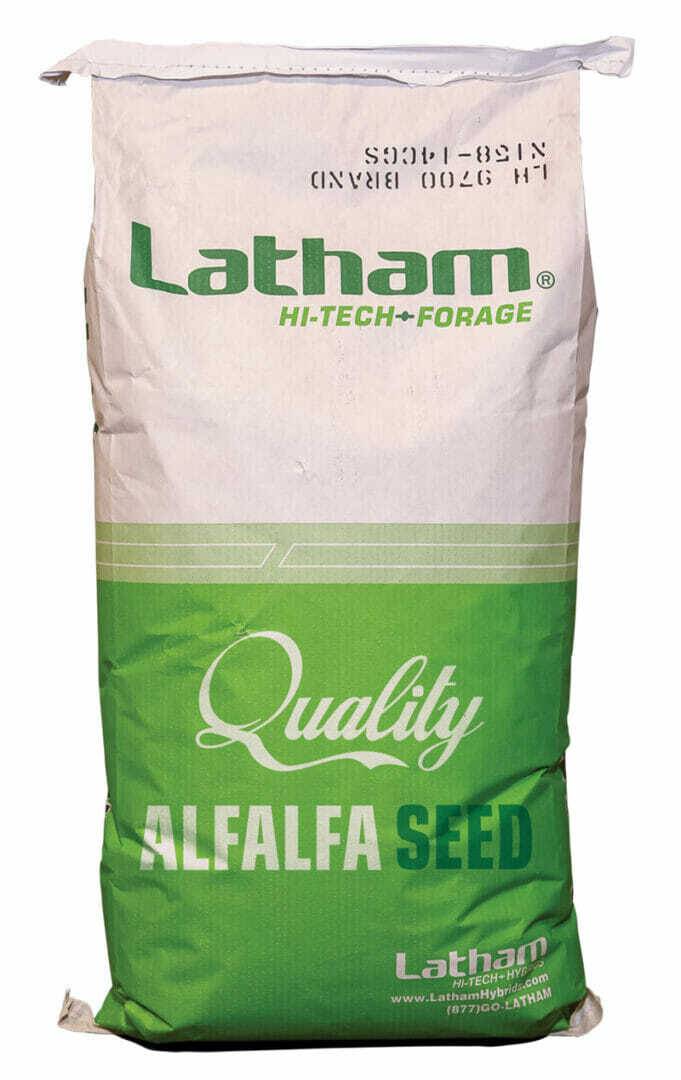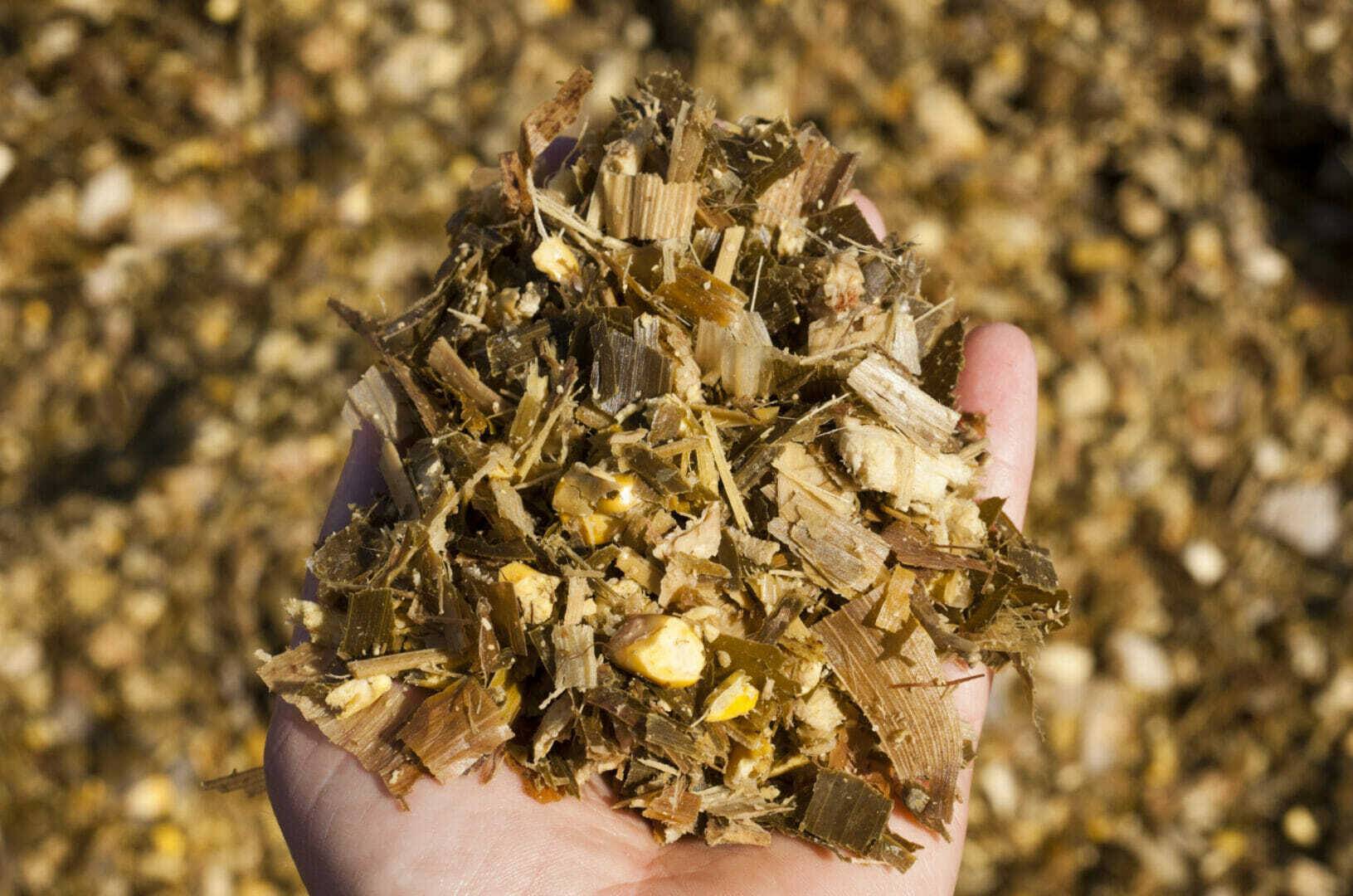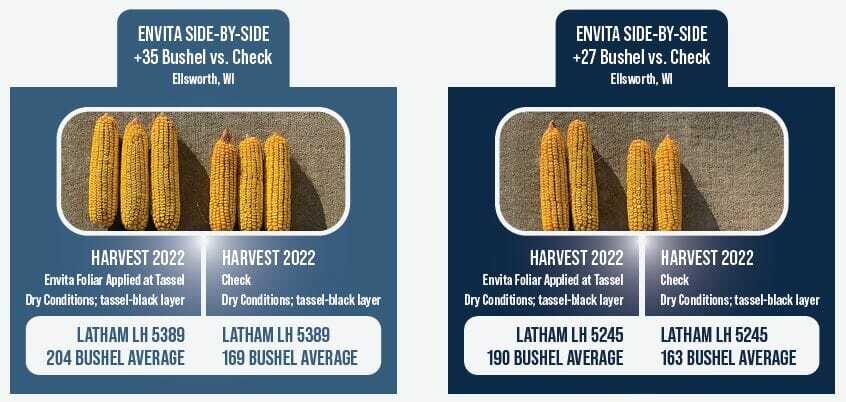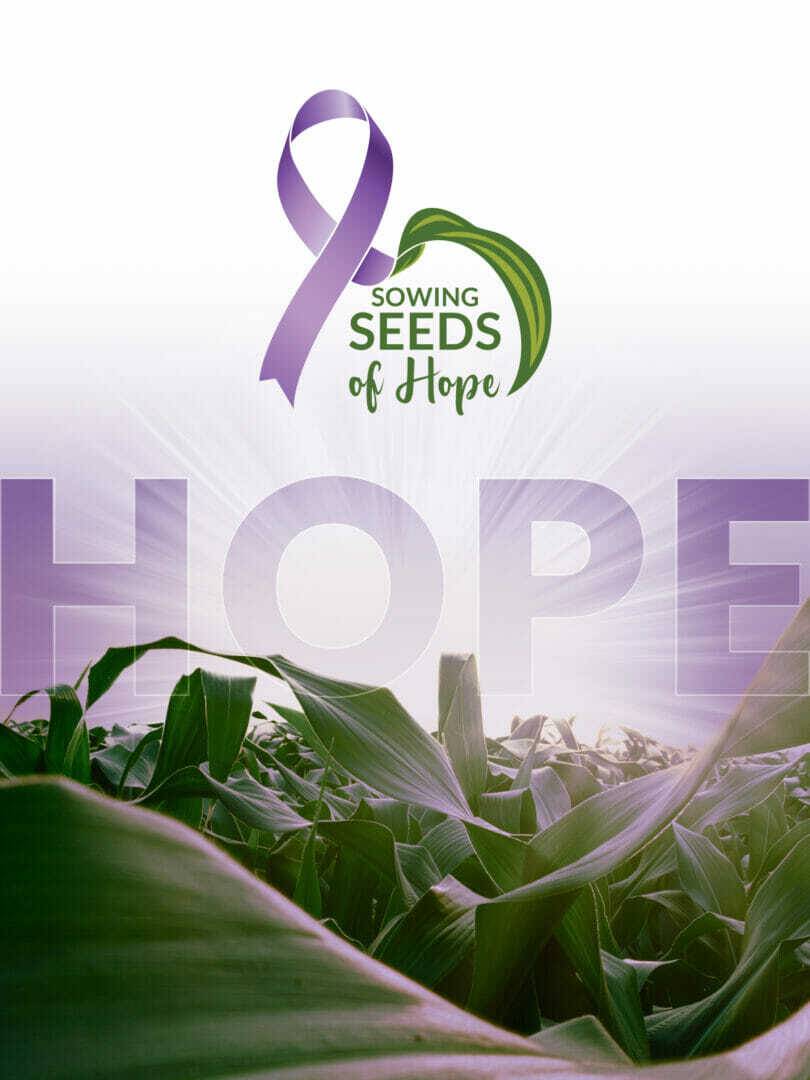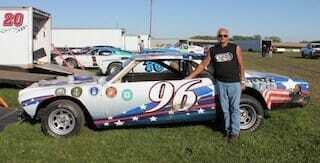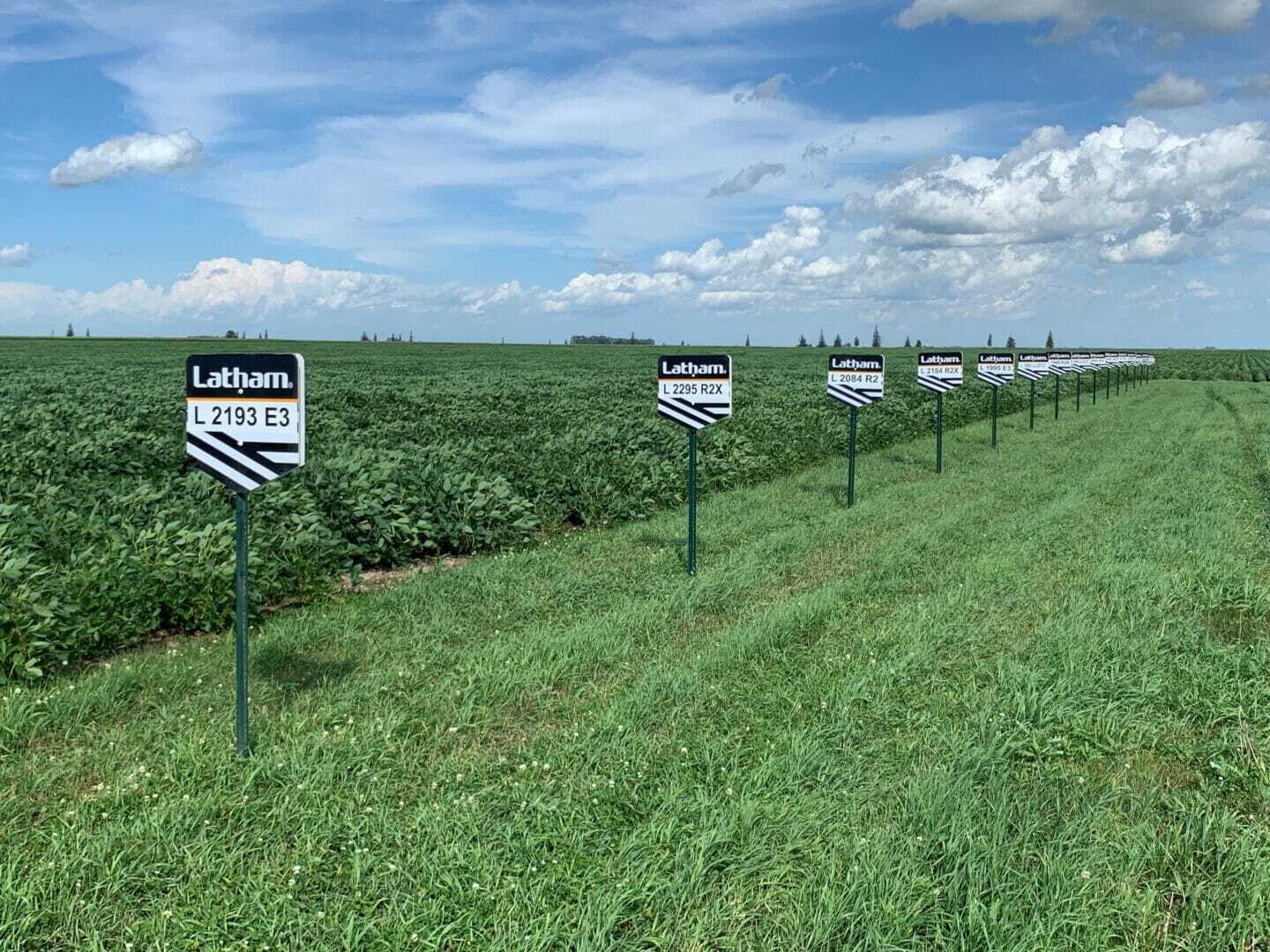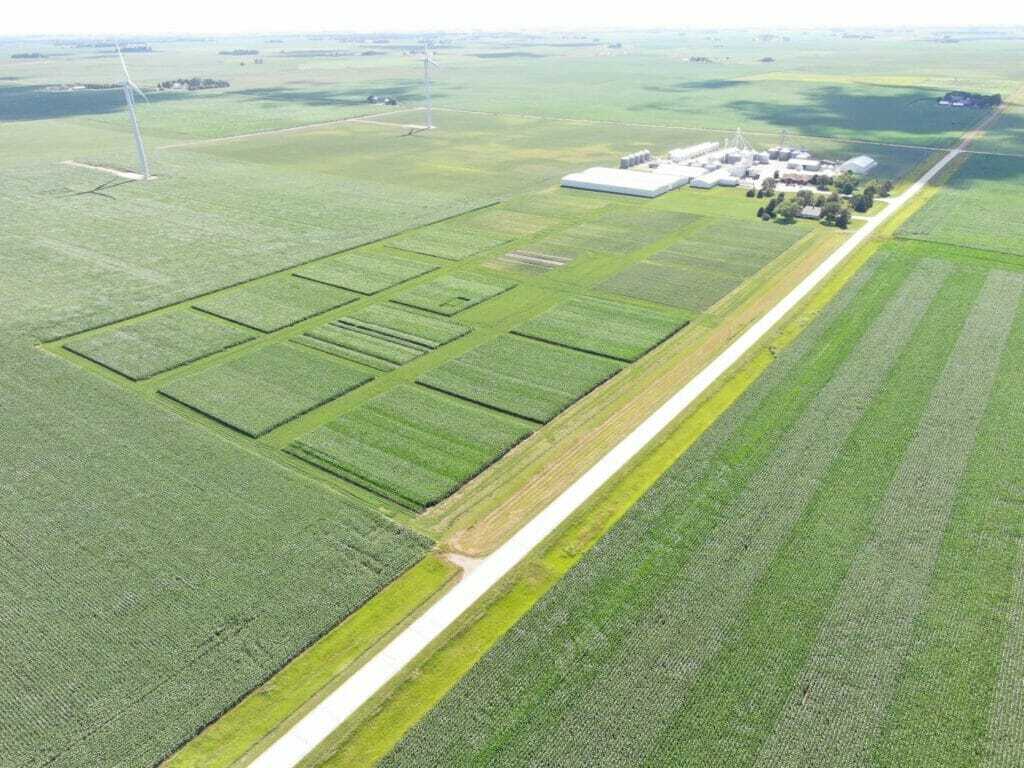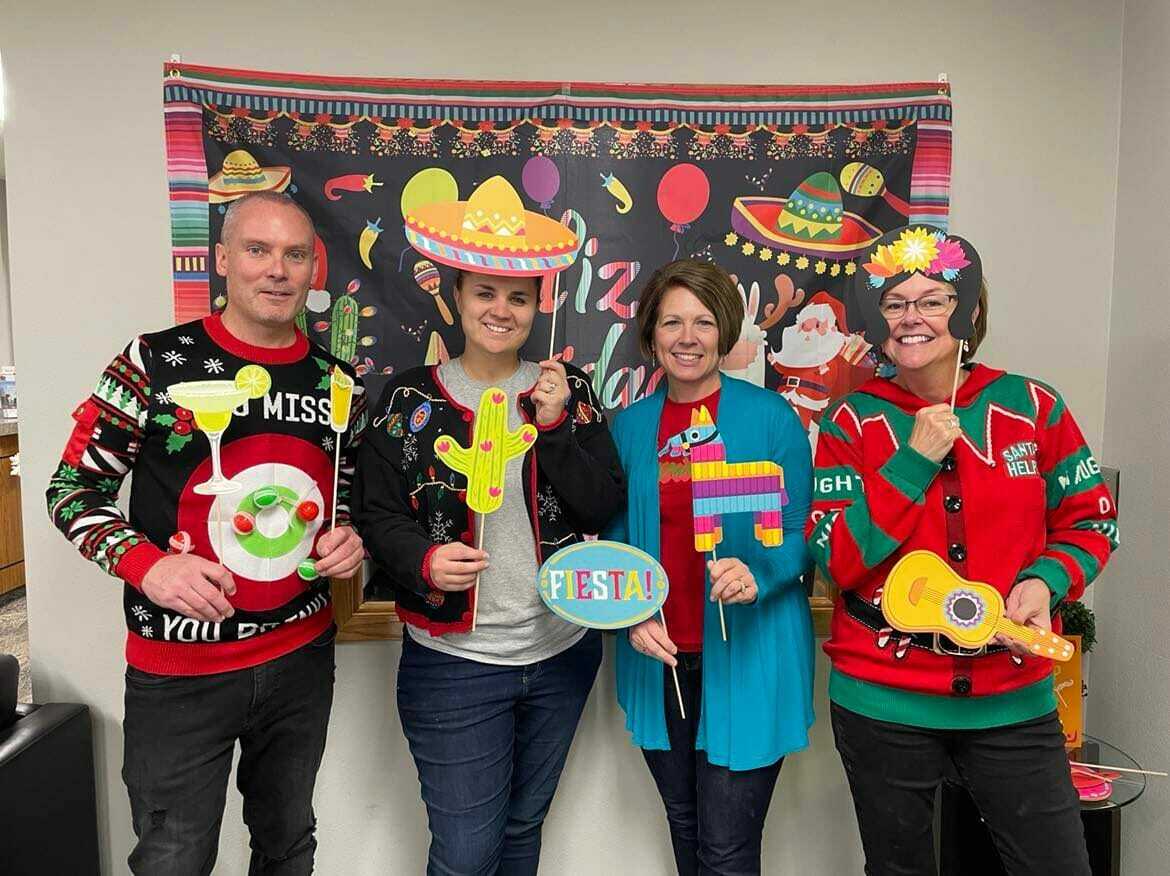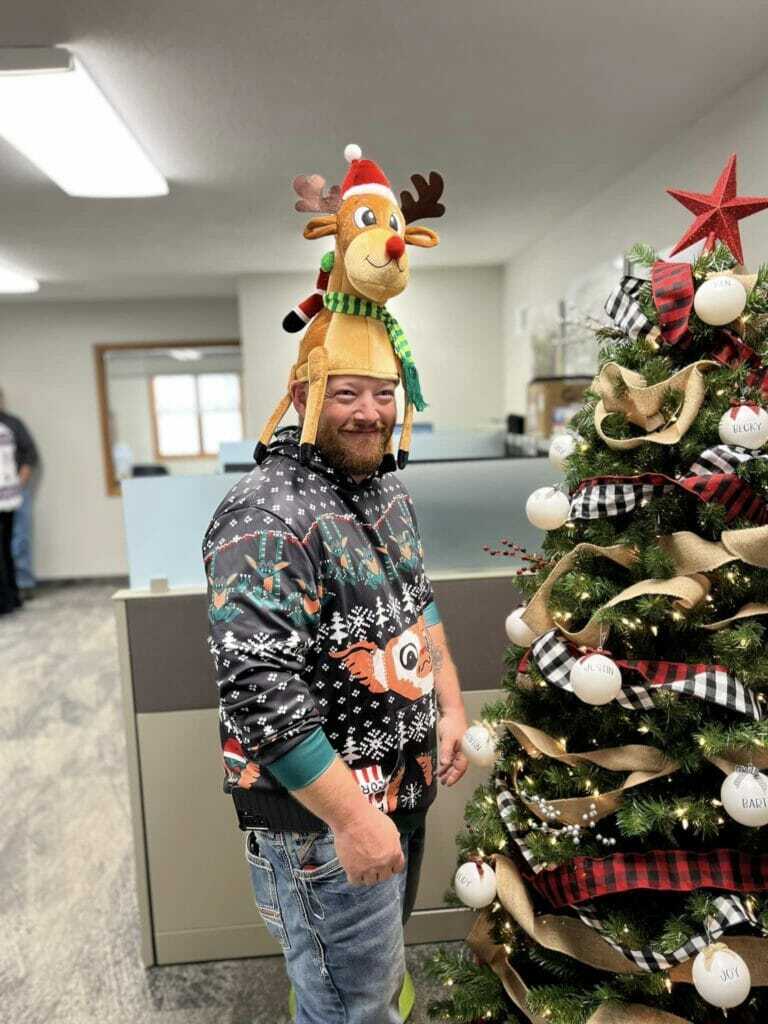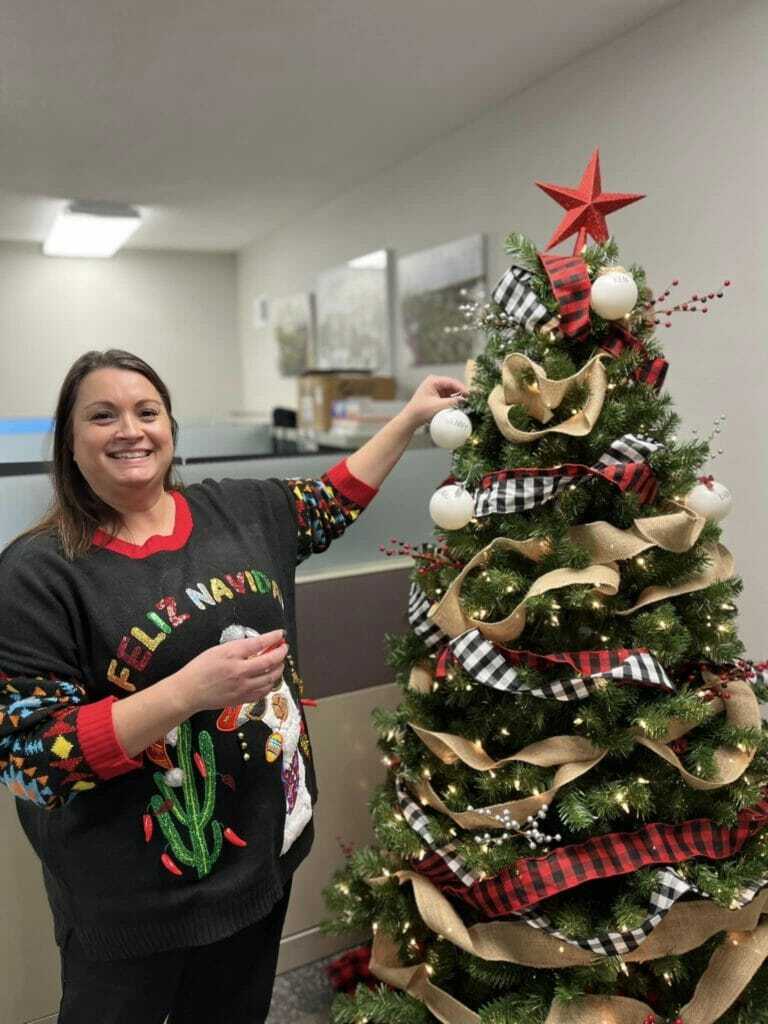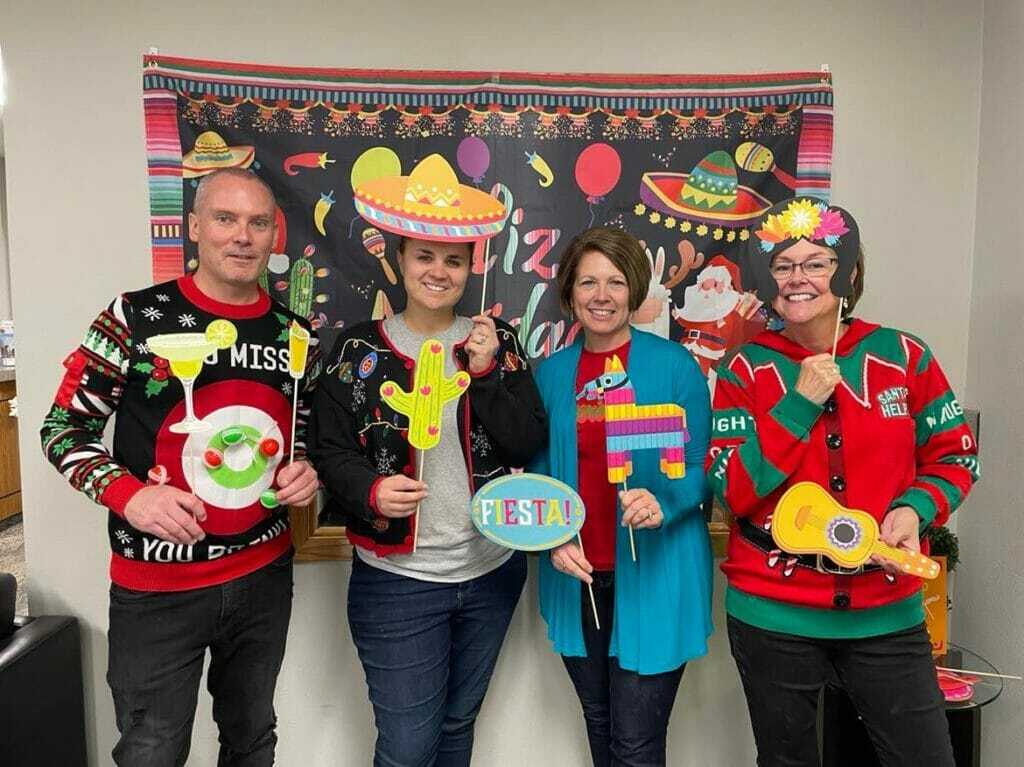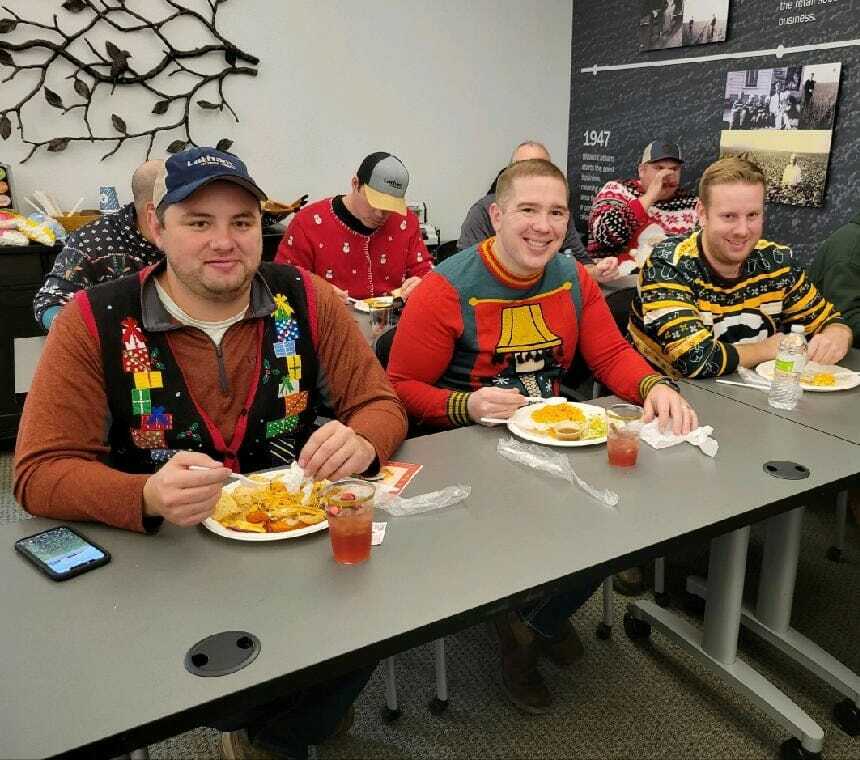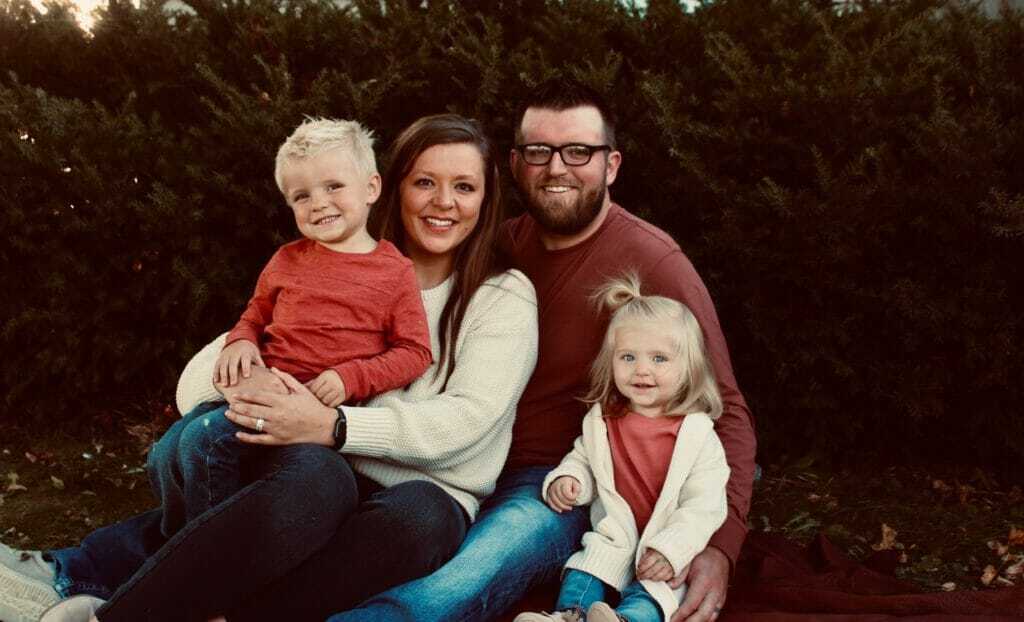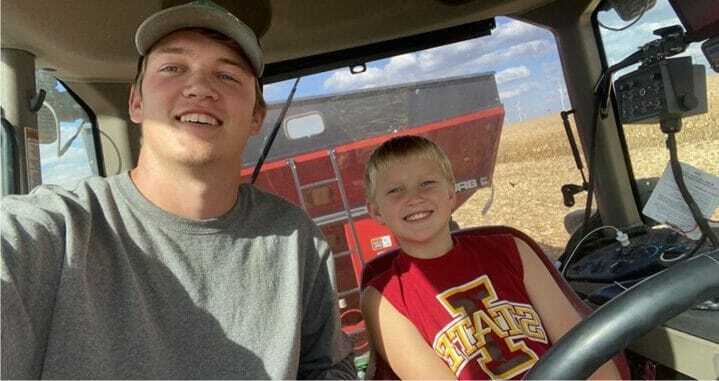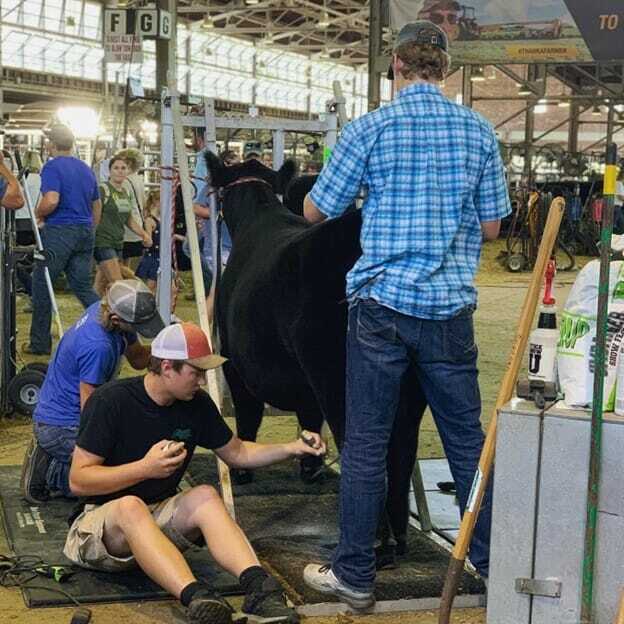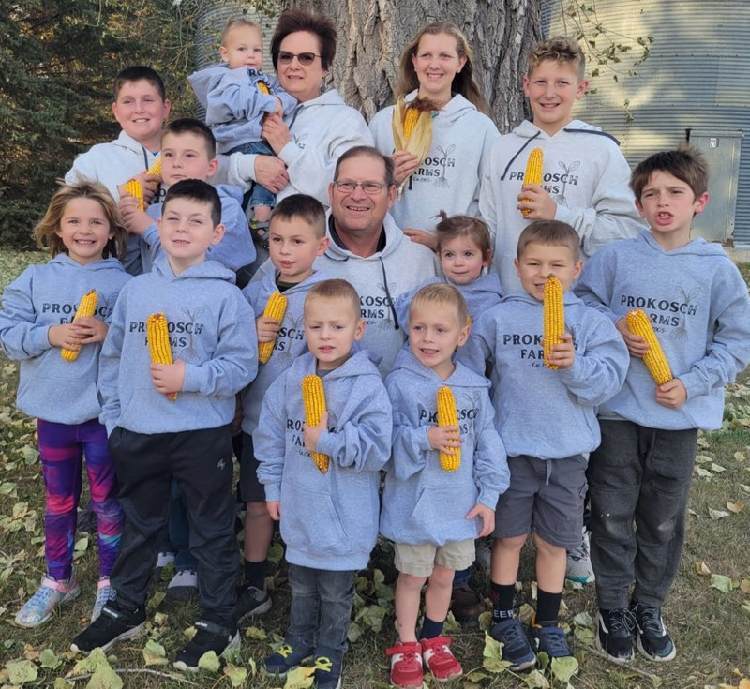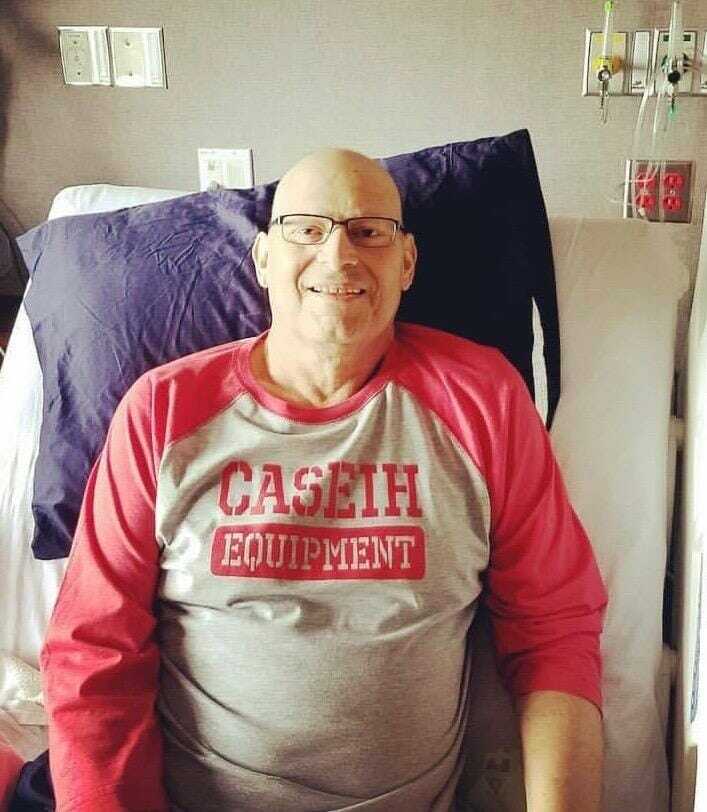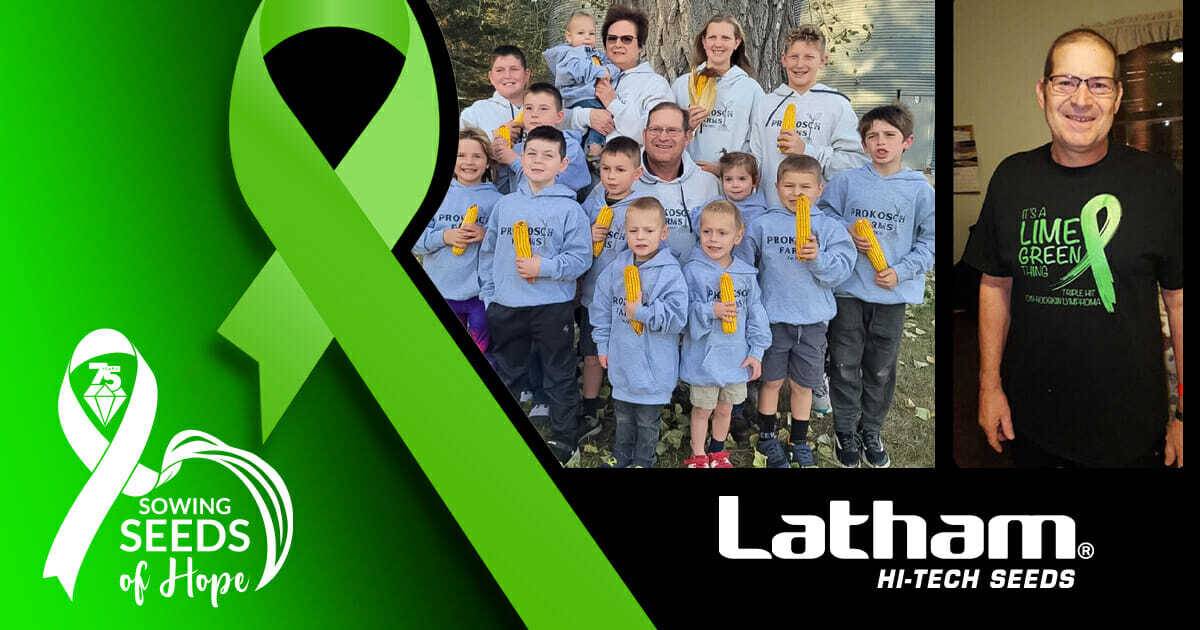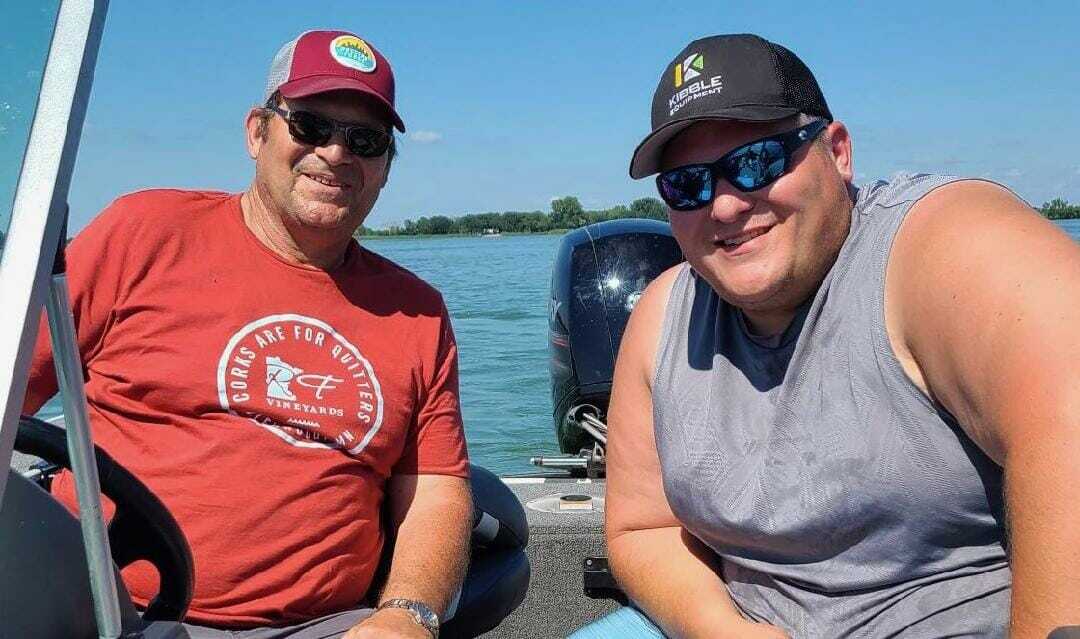Latham Hi‑Tech Seeds is a great source of top alfalfa genetics, and now’s the time to get in on these products!
More farmers will diversify in seed alfalfa in 2023 to capture high markets. You’ll also get the benefit of up to 100+ nitrogen credit plus 20% more yield on the crop that follows rotated alfalfa.
Review the features and benefits of the alfalfa products offered by Latham Seeds, so you can truly understand that not all alfalfa seed is the same.
We are very intentional about finding the best genetics and seed treatments for your acres. Many competitors sell lower-yielding genetics with very basic seed treatments, which are cleverly wrapped with an alluring price. That “alluring” price can distract farmers from looking at the value of the features and benefits of each component.
When you run a race, fly an airplane, or drive in the Indy 500, you can’t win with lower horsepower or by running half throttle. Yes, you might get to the finish line — but how will you celebrate? Your best chance of achieving top yields is running the yield race with the most horsepower, full throttle with proven seed genetics and seeding treatments.
| Features |
Benefits |
| Newest generation plant genetics | · Capture as much yield as possible each cutting
· Have best chance at strong stand for life of rotation · Capture the soil’s full yield potential |
| Best disease package | · Healthier plants
· Higher yield · Longer stand life |
| Quick recovery after cutting | · More yield |
| Industry-leading seed treatment | · Emerge fast
· Grow stronger · Yield more |
| Optimize® Gold alfalfa inoculant | · Growth promoter
· Enhances quick nodulation and nitrogen fixation · Boosts yields; improves quality |
| Nitragin® Gold Alfalfa | · Nitrogen-fixing inoculant
· Helps stimulate early nodulation and nitrogen fixation · Boosts yield |
| Stamina® fungicide | · Newer class of fungicide
· Helps reduce broader spectrum of pathogens, especially at emergence time · Protects against Aphanomyces races |
| APRON® fungicide | · Helps reduce pathogen risks like root diseases |
| Micronutrients | · Specific micronutrients that facilitate and promote emergence, health and vitality |
| Polymer | · Helps flowability for uniform distribution |
| Coating | · Encapsulate the blend of treatments
· Helps seed absorb moisture for quicker germination |
| Varieties | |
| LH 9120 Branch Root | · Great in all soils
· Works well in wetter soils Finer stemmed; great for dry baling |
| LH 9700 Disease | · Strong disease package
· Works in all soils · Great for chopping, baleage, and dry bale |
| LH 8101 | · Basic alfalfa, short rotation, |
| AA Harvxtra 481 Ultra Cut | · Very special genetics
· 10%+ more yield vs non-ultra cut · Best disease package, especially involving Aphanomyces and anthracnose threats · Best forage quality potential · Unique HarvXtra Genetics with Ultra Cut features |
Did you enjoy this article? We want to (TECH)talk with you! Sign up for our newsletter to receive agronomy articles in your inbox or call 1.877.GO.LATHAM (1.877.465.2842).
